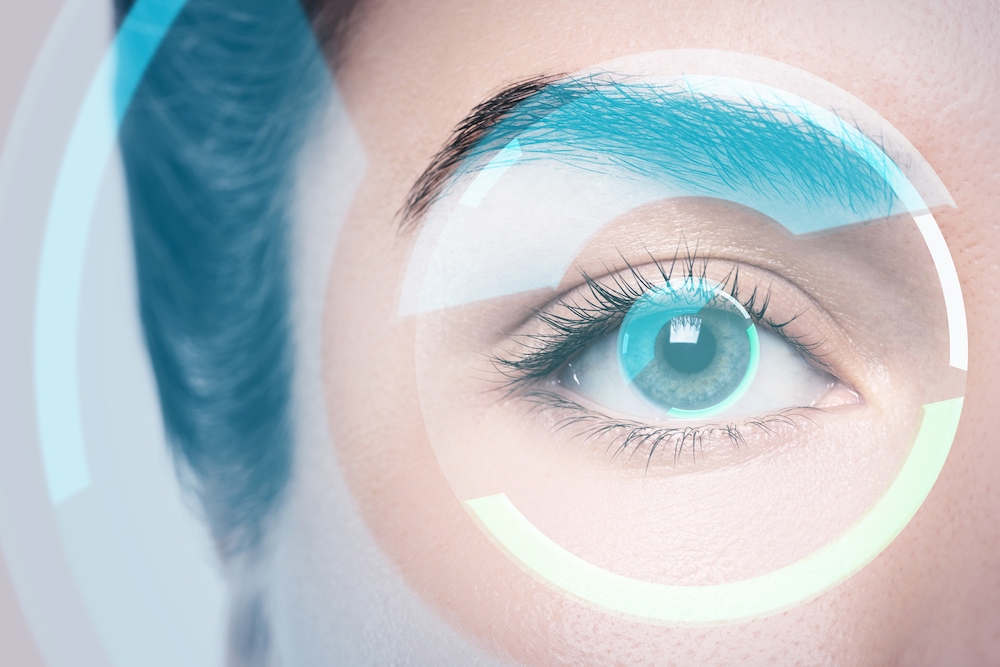
There are different reasons why you may prefer not to wear eyeglasses. Maybe you find them uncomfortable or inconvenient, even with the wide range of frame options available. Some people feel self-conscious when wearing eyeglasses but need them to function effectively.
Many people cannot wear contact lenses for one reason or another, and there are downsides to prolonged lens wear. Fortunately, you can find freedom from glasses with LASIK.
Vision Correction Options
Eyeglasses are among the most popular and effective ways to correct refractive errors. They can help fix vision issues such as myopia, hyperopia, astigmatism, and hyperopia. Eyeglasses allow the effective bending of light rays on the retina, helping improve focus and see objects clearly.
Contact lenses are a correction option for those who do not want to wear eyeglasses. The lenses are worn directly on the eye surface. Eye surgery helps correct vision without the need for eyeglasses or contacts.
Getting LASIK Surgery
Laser-assisted in situ keratomileusis, or LASIK, is a procedure where ophthalmologists use specialized lasers to reshape the cornea. Changing the shape and curvature of the eye cornea helps improve the refraction of light, allowing for better focus.
The procedure helps to produce better visual quality than when wearing eyeglasses. Advancements in LASIK technology, including femtosecond laser and wavefront-guided LASIK, have improved the procedure.
Freedom From Glasses With LASIK
There are various reasons why you should get LASIK if you qualify. They include:
It provides a permanent vision correction option by reshaping the cornea and allows patients the freedom to see clearly without using correction lenses
The cost of LASIK has reduced drastically over the years. Patients can maximize their vision benefits before the end of the year on this procedure
LASIK is a quick, painless, and effective procedure. Patients can usually go home two hours after the surgery. Numbing eye drops help ensure comfort during surgery
Quick recovery period. Patients usually notice improved vision clarity immediately after surgery. Stable and clear vision is experienced within a few days after LASIK
LASIK can help correct all types of refractive errors
Poor Candidates for Vision Correction
LASIK is a convenient vision correction option, but it is only for some. Some individuals are not good candidates for the surgery, including:
Those with cornea-related problems such as uneven or thin corneas
People with corneal abrasions or cone-shaped corneas
Patients whose refractive errors are frequently changing
Individuals with extremely high levels of refractive errors
People with glaucoma, cataracts, chronic dry eyes, or diabetes
Patients under 18 years and pregnant women
Before LASIK Procedure
To qualify for LASIK eye treatment, you need your eyes to be healthy. Your eye doctor and the eye surgeon will evaluate your eyes and ask questions about your eye health history. It will help ensure that you do not have conditions that can lead to complications or poor surgical outcomes.
These conditions include eye diseases such as keratoconus, infections, inflammations, eyelid disorders, eye injuries, dry eyes, or large pupils. The surgeon will ask about health conditions that can affect the surgery. These include diseases that affect your immune system, autoimmune disorders, and uncontrolled diabetes.
Most insurance plans consider LASIK an elective procedure and may not cover the total cost. However, you can use FSA/HAS funds and vision care benefits to pay for treatment.
At Diamond Bar Optometric, we offer LASIK co-management, meaning that we help assess your candidacy for LASIK and then refer you to a doctor to perform the surgery. We take care of both pre- and post-operative care.
For more about LASIK comanagement and help with vision issues, contact Diamond Bar Optometric at our Diamond Bar, California office. Call (909) 861-4999 to schedule an appointment today.





